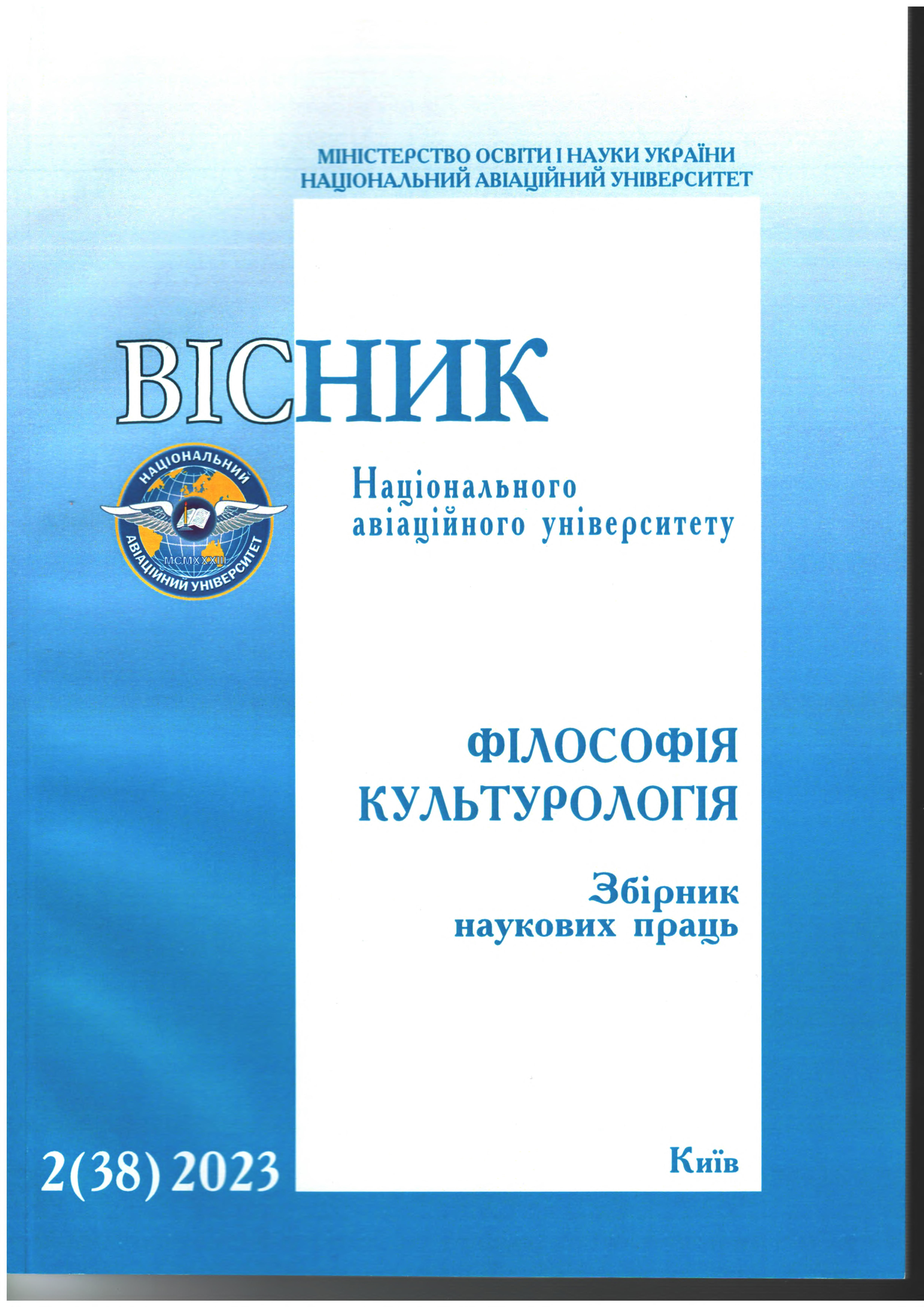P. F. STRAWSON’S ANALYTICAL ARGUMENT: INTERPRETATION AND CRITICISM
DOI:
https://doi.org/10.18372/2412-2157.2.18107Keywords:
analytical argument, transcendental idealism, proof, transcendental deductionAbstract
Introduction. In his work "Bounds of Sense", Peter Strawson interprets Kant's "Critique of Pure Reason". The purpose of P. F. Strawson's research is to liberate critical teaching from metaphysical excesses and bring to the surface the core of the main achievement of Kantian philosophy – "analytical argument". This is what P. F. Strawson calls the set of propositions that explain the organization, the "conceptual structure" of the known experience. The aim and tasks. The aim is a critical interpretation of P. F. Strawson's "analytical argument. " Research methods include general scientific philosophical approaches and methods: comparative, ascent from the abstract to the concrete, analysis, synthesis, etc. Research results. The success of substantiation using the analytical argument of Kantian propositions, which are separated by Strawson into the thesis of the necessity of the unity of consciousness and the thesis of objectivity is studied. Strawson turns to the analysis of the justification of these theses, reconstructing the "Transcendental Aesthetics". Having established the sense in which the a priori nature of the
forms of sensibility must be understood, he tries to do the same for the forms of the mind. The research emphasizes that Strawson's task is an attempt to show that for the possibility of experience, we must recognize single objects as separate cases of general concepts. However, this study is only the foundation of the proof, more precisely, the demonstration of the truth, theses of objectivity and unity. Conclusions. After clarifying Strawson's interpretation, as well as some of its evaluations by other analysts, we concluded that through this interpretation, it is not possible to satisfactorily substantiate the thesis of the necessary unity of consciousness, one of the six fundamental provisions of the Critique of Pure Reason. The reason for such a failure, as it became clear in the course of the research, is the rejection of Kant's theory of synthesis, without which it is impossible to demonstrate the effectiveness of the thesis. Therefore, the unsubstantiated thesis of the unity of consciousness also causes difficulties for the thesis of objectivity, which is closely related to it (both in Strawson's and Kant's theories). Solving this problem by including the theory of synthesis in the interpretation is possible only if the latter is fundamentally rebuilt. In particular, it would be necessary to
revise Strawson's interpretation of the concept of a priori, since the prerequisites for synthesis would have to be considered, in one way or another, as properties of consciousness, and, following this, the interpretation of the doctrine of transcendental idealism, including its main provisions in the interpretation.
References
Stroud B. Transcendental arguments. Journal of Philosophy. 1968. № 65 (9). P. 241–256.
Rorty R. Strawsons objectivity argument. The Review of Metaphysics. 1970. № 24. P. 207–244.

